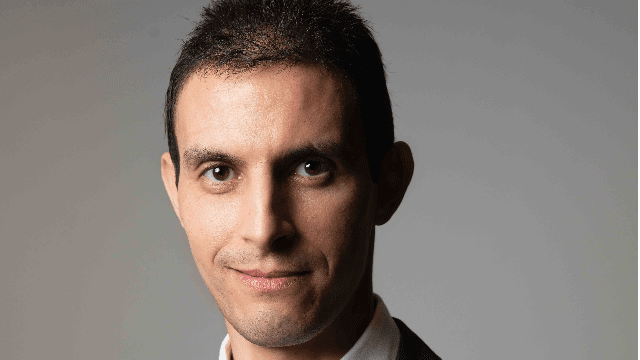Moundyr Gainou (EXEC MBA 17): “There are many abuses on the used car market”
The second-hand car market offers a number of advantages at a time of inflation and high living costs. But fraud is rife, exposing drivers, insurers and dealers to major risks. Explanations and recommendations from Moundyr Gainou (EXEC MBA 17), an independent consultant specializing in the sector.
ESSEC Alumni: How did you become an expert in the car market?
Moundyr Gainou: I started out as a mechanic at BMW after getting degrees in automotive mechanics and in after-sales. Then I attended evening classes at the CNAM and worked for automotive suppliers throughout the MEA area. Eventually, I passed the ESSEC & Mannheim EMBA then launched a first entrepreneurial project with my classmate Arthur Kachka (EXEC MBA 17) and a second one. Both didn't take off. I went on and set off as an independent consultant for automotive start-ups who want to scale business models in France or abroad. I first helped Berlin platform heycar to launch on the French market from scratch. And now I support carVertical, a Lithuanian company, still in digital and automotive, still on the French market. I provide my technical skills, I represent them in the media, and I facilitate their business development with the decision-makers of large automotive dealer groups and manufacturers.
EA: Among other activities, carVertical issues a market transparency index for used cars. Why this particular issue?
M. Gainou: Because there is a huge asymmetry of information between used car buyers and sellers, which makes a lot of room for abuses such as odometer fraud, concealing damages (hidden defects), fake provenance (pretending a car is domestic when it was in fact imported)…
EA: What are the consequences for the various players in the sector?
M. Gainou: Fraud makes life more difficult for everyone except criminals as they boost their profit margin. Dealers or importers can get in legal trouble and see their own reputation damaged. Insurers apply rates that are not high enough to cover for the real faults and security risks. Clients, on their part, usually pay prices way higher than the actual value of the car: for example, we estimate that the impact of odometer fraud to used car value on average is +21%.
EA: What data is the carVertical transparency index based on?
M. Gainou: We conducted a research in the 25 countries where carVertical has been offering car history reports for at least one year, aggregating more than 900 data sources. The overall score is based on 6 different factors: percentage of odometers clocked, average odometer rollback value, percentage of damaged cars, relative damage value, percentage of imported used cars, and average age of checked cars.
EA: What does it says about the transparency of the French used car market?
M. Gainou: France has one of the most transparent markets in Europe, ranking at 5th with only 3.27% of cars with odometer fraud and 41.2% of cars with damage records. Generally, the further we go to the East, the more fraud there is, or the less transparent used car markets are there. That is a matter of cross-border car movement, as they often flow from West to East.
EA: How does France compare with its neighbours in this respect?
M. Gainou: France is more transparent than Spain, Italy, and Belgium but follows the UK, Germany, Switzerland, and Denmark. Germany and Switzerland’s good results seem to be due to a different car-buying culture and law-abiding citizens. The UK is in a class of its own with their unique traffic system preventing car importations from mainland Europe; this protects the market as imported vehicles usually are of higher risks because information often gets lost from one country to another.
EA: What recommendations would you make to further improve transparency in the used car market?
M. Gainou: We need public authorities to prioritize the problem, especially the European Commission. There is lacking of control of the odometer frauds, as the mileage-tampering devices and fraud-facilitating tools are easy to find on classified ads or social media. Sanctions are still weak in some countries (not in France); many still fail to consider those abuses as offenses. Last but not least, we need to raise awareness and inform the general public. This is what carVertical tries to do with the index.
EA: How can we protect ourselves against the risk of fraud in the used car market?
M. Gainou: First and foremost, inspect the history online and use as much international data as possible. Then check the maintenance documents and the invoices, and pay attention to the evolution of the years and kilometres. Also have a look on the inspection documents and the consistency of the repairs carried out over the years. Finally, perform a test drive (in a city and on a highway if possible), and make sure there is no weird noise coming from the suspension, transmission, or engine, nor excessive smoke from the exhaust pipes. Last but not least, even if you have no suspicions, we advise inspecting the car with a professional. A brand's dealership will always be the most reliable solution (even if more expensive) because they will have the know-how and diagnostic tools.
Interview by Louis Armengaud Wurmser (E10), Content Manager at ESSEC Alumni
Do you want more content? Join us now so that we can keep bringing you news about the ESSEC network.

Comments0
Please log in to see or add a comment
Suggested Articles




